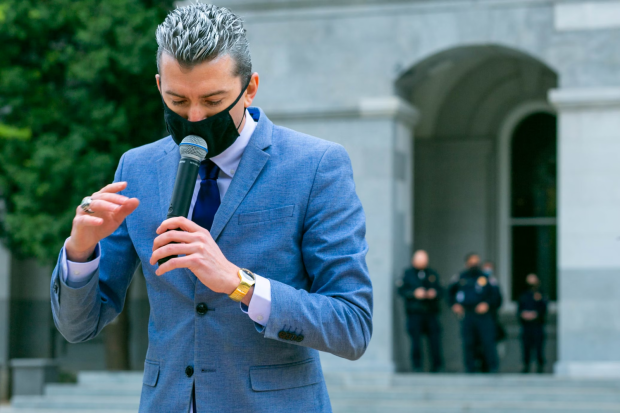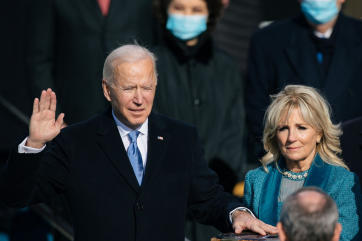Pennsylvania Republicans Present Higher Education Counterproposal to Governor's Plan
By Joy LiwanagIn response to Governor Josh Shapiro's initiative to enhance Pennsylvania college enrollment, Republican lawmakers have introduced a comprehensive counterproposal.
This alternative plan, endorsed by GOP leadership in the state legislature, seeks to address critical workforce shortages and enrollment declines in higher education institutions. Here's a detailed exploration of the key elements and implications of the Republican proposal.

Challenges and Objectives: Tackling Workforce Gaps in Pennsylvania
Pennsylvania faces significant challenges in its higher education landscape, including a diminishing workforce and declining enrollments across state-owned universities, satellite campuses of Penn State, and community colleges. To combat these trends, Republican lawmakers aim to incentivize students to pursue degrees in high-priority disciplines such as teaching, nursing, and criminal justice.
Senate Appropriations Committee Chair Scott Martin emphasizes the urgency of addressing workforce gaps, highlighting the need to retain skilled individuals within the state amidst looming retirements and demographic shifts. The proposed measures aim to fortify Pennsylvania's educational infrastructure and foster a robust workforce ready to meet future demands.
READ ALSO: Republicans Attack DEI Practices In Public Colleges And Medical Schools In Congressional Hearing
Financial Assistance and Incentives: Supporting In-State Enrollment
Central to the Republican plan are measures to provide financial support to Pennsylvania students and incentivize enrollment within the state. One key initiative offers annual grants of $5,000 to in-state students enrolled in degree programs aligned with high-demand fields. Additionally, the plan extends in-state tuition discounts to out-of-state students meeting specified academic criteria, provided they enroll in critical degree programs. To qualify for these benefits, students commit to remaining in Pennsylvania post-graduation, contributing to the state's workforce and economic development.
The Republican proposal introduces a performance-based funding model for major state-related universities, including Penn State, the University of Pittsburgh, and Temple University. Under this framework, institutions are incentivized to meet specific benchmarks such as graduation rates and enrollment in high-need degree programs.
However, the plan does not guarantee annual increases in state aid, emphasizing accountability and alignment with workforce priorities. This approach represents a departure from traditional funding models, signaling the GOP's commitment to outcomes-driven investments in higher education and long-term sustainability.
Contrasting Approaches: Republican Plan vs. Shapiro's Initiative
While both Republicans and Governor Shapiro recognize the need for reform in Pennsylvania's higher education system, key elements of Shapiro's proposal face opposition from GOP lawmakers. Shapiro's initiative, which includes consolidating state-owned universities and reducing tuition for low-income students, is met with skepticism from Republican leaders. Despite these differences, both parties acknowledge the imperative of addressing workforce demands and expanding access to higher education opportunities for Pennsylvania residents.
In conclusion, the Republican counterproposal represents a comprehensive effort to address critical workforce shortages and enrollment declines in Pennsylvania's higher education sector. By incentivizing students to pursue degrees in high-demand fields and introducing performance-based funding mechanisms, the plan aims to foster economic growth and competitiveness.
As legislative deliberations continue, stakeholders must collaborate to develop sustainable solutions that meet the evolving needs of students, employers, and the broader community. This collaborative approach ensures that Pennsylvania's higher education system remains responsive to the challenges and opportunities of the 21st century, driving innovation and prosperity across the state.
RELATED ARTICLE: House Republicans Propose Bill To Safeguard Free Speech On College Campuses Amidst Rising Controversy








